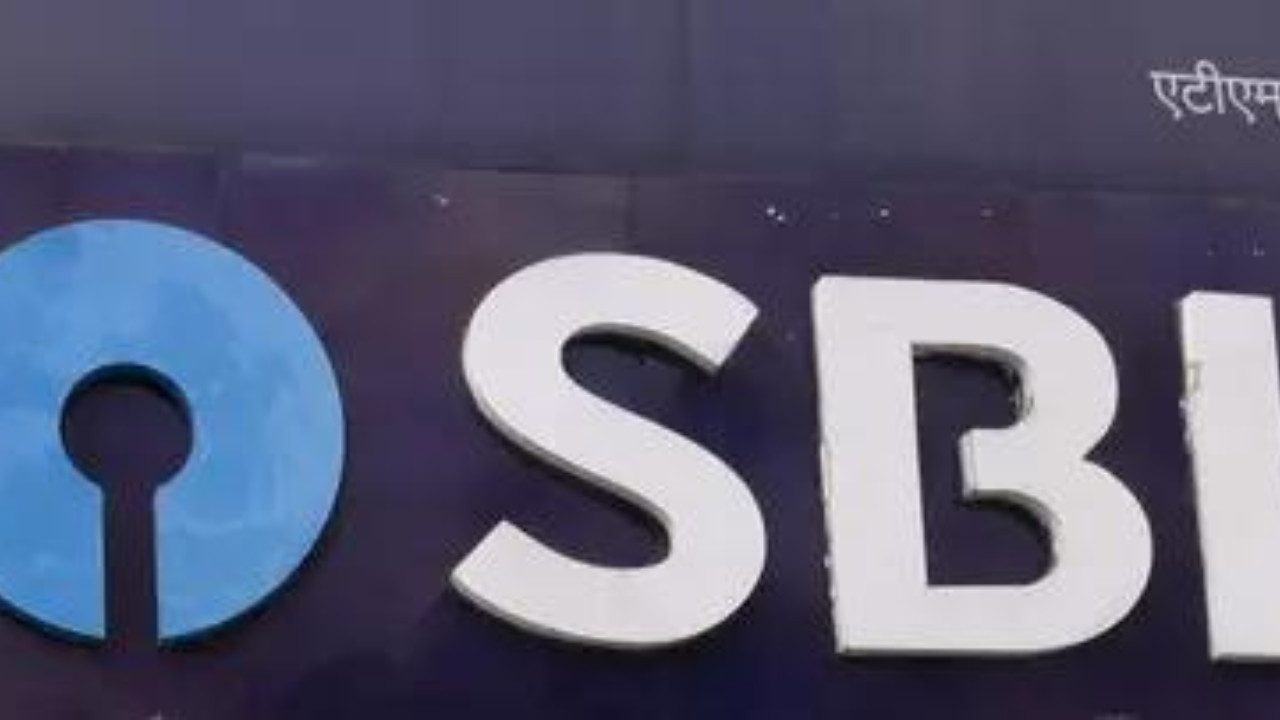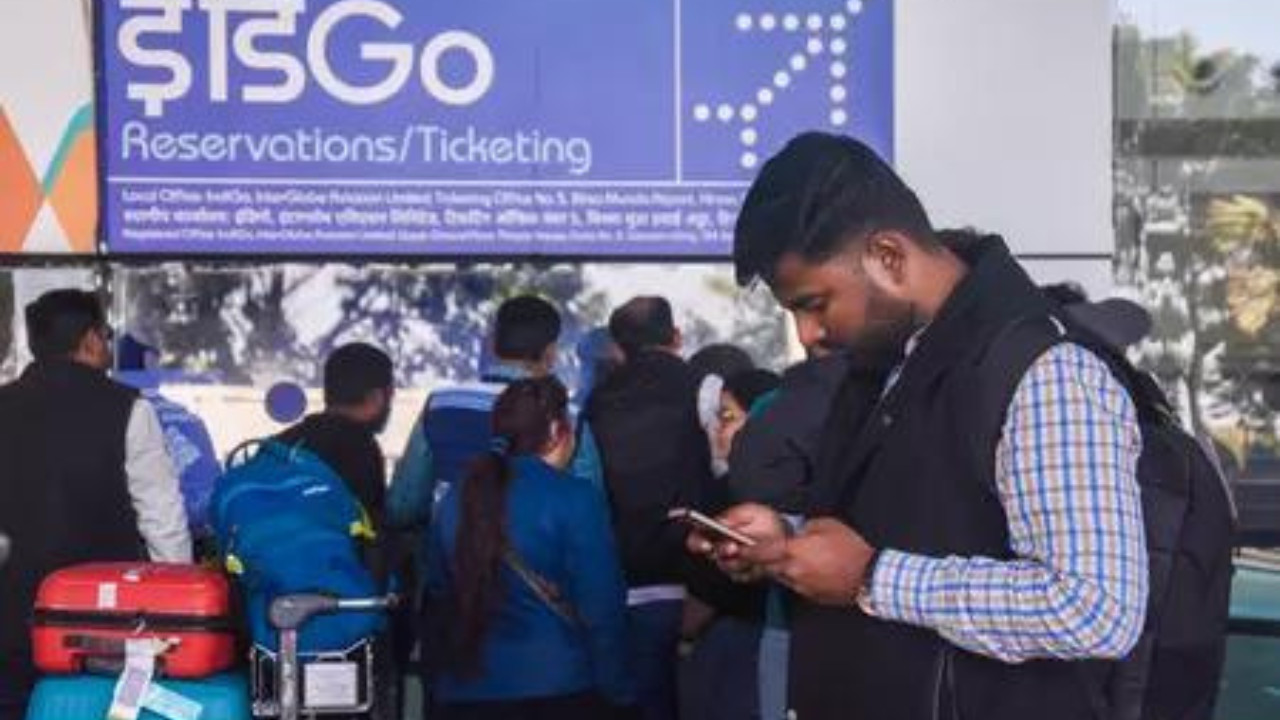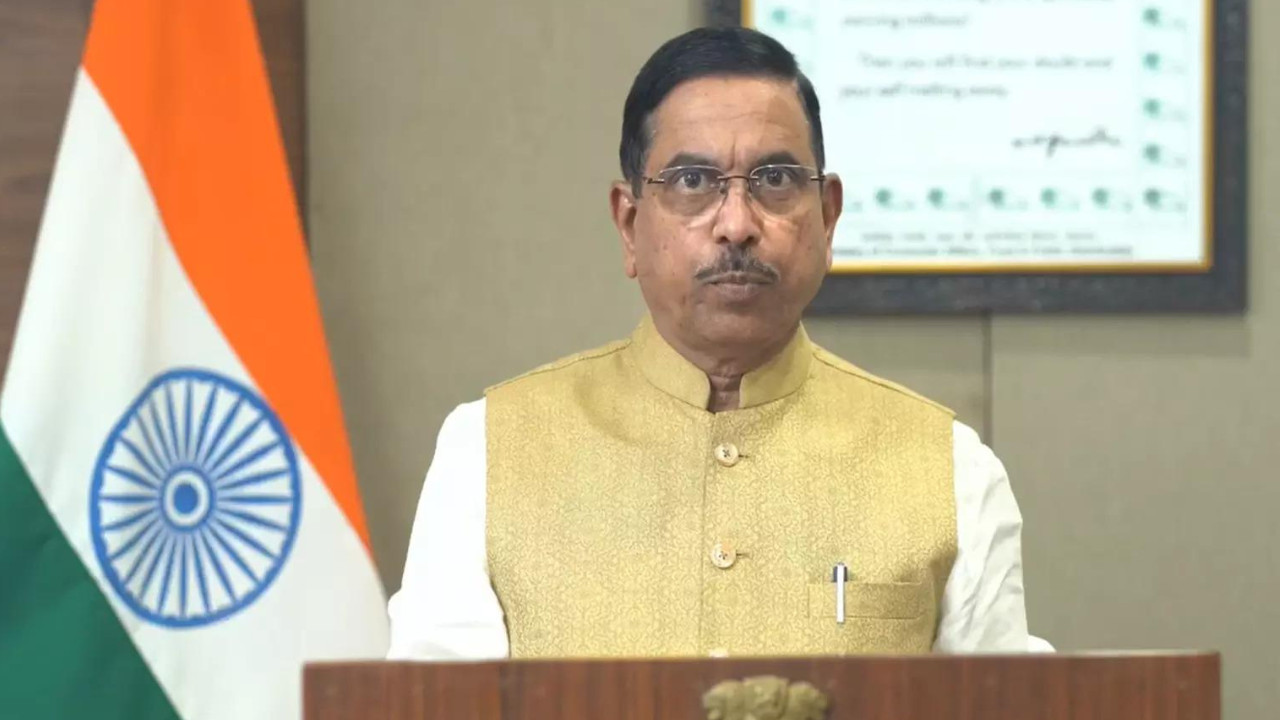State Bank of India is expanding its reach in Tamil Nadu, inaugurating 14 new branches, two Home Loan centers, and Rural Self Employment Training Institutes. SBI is also launching Gram Panchayat camps to promote financial inclusion in rural areas. The bank donated ₹1.47 crore for upgrading government primary schools, reinforcing its commitment to education and community development.
Banking on the Unbanked: SBI’s Tamil Nadu Expansion Signals Deeper Financial Reach
For many, the gentle hum of a bank lobby is commonplace, a familiar backdrop to managing everyday finances. But for countless others, access to even basic banking services remains a distant dream. This gap – the “financial inclusion” divide – is a challenge India has been actively working to bridge. And State Bank of India (SBI), the country’s largest lender, is stepping up its efforts, most recently with a significant expansion across Tamil Nadu.
The news? SBI recently inaugurated 14 new branches in Tamil Nadu, a clear signal of its commitment to deepening financial inclusion in the region. This isn’t just about adding more buildings; it’s about extending a lifeline to communities previously underserved by traditional banking infrastructure.
But why Tamil Nadu? The state boasts a robust economy and a relatively high literacy rate, making it a fertile ground for financial inclusion initiatives. However, pockets of financial exclusion persist, particularly in rural areas and among marginalized communities. These new branches aim to directly address this disparity, bringing banking services closer to those who need them most.
The impact of increased financial inclusion is far-reaching. For individuals, it translates to access to savings accounts, credit facilities, and insurance products. This empowers them to manage their finances more effectively, invest in their future, and build financial resilience against unforeseen circumstances. Imagine a small farmer, previously reliant on informal lenders with exorbitant interest rates, now having access to affordable credit to purchase better seeds or equipment. That’s the power of bringing banking to the doorstep.

For the broader economy, increased financial inclusion fuels economic growth. It encourages entrepreneurship by providing access to capital, boosts investment by channelizing savings, and promotes responsible financial behavior. A more financially inclusive society is a more vibrant and equitable society.
Beyond simply opening branches, SBI’s strategy likely involves a multi-pronged approach. This could include:
* Financial literacy programs: Educating communities about the benefits of banking and how to manage their finances responsibly.
* Simplified account opening procedures: Making it easier for individuals to open accounts, even without extensive documentation.
* Technology-driven solutions: Leveraging mobile banking and other digital platforms to reach remote areas.
This latest expansion isn’t happening in a vacuum. It builds upon earlier efforts by SBI and other institutions to promote financial inclusion nationwide. Government initiatives like the Pradhan Mantri Jan Dhan Yojana (PMJDY), which aims to provide universal access to banking facilities, have played a crucial role in bringing millions into the formal banking system.
Of course, challenges remain. Reaching the most remote and underserved communities requires innovative solutions and sustained effort. Building trust in the banking system is also paramount, particularly among those who have historically been excluded. Sustained community engagement is key to long-term success. Further, providing ongoing support and education to new banking customers is crucial to ensure they are equipped to manage their finances effectively.
What does this mean for the future? SBI’s move signals a continued emphasis on reaching the unbanked, not just in Tamil Nadu but across India. It underscores the growing recognition that financial inclusion isn’t just a social responsibility; it’s a key driver of economic progress. You might also find our article on [digital banking trends](internal-link) insightful in understanding how technology is playing a role in this journey.
Ultimately, the success of these initiatives hinges on a collaborative approach involving banks, government agencies, and community organizations. By working together, they can unlock the economic potential of millions and build a more inclusive and prosperous India.







